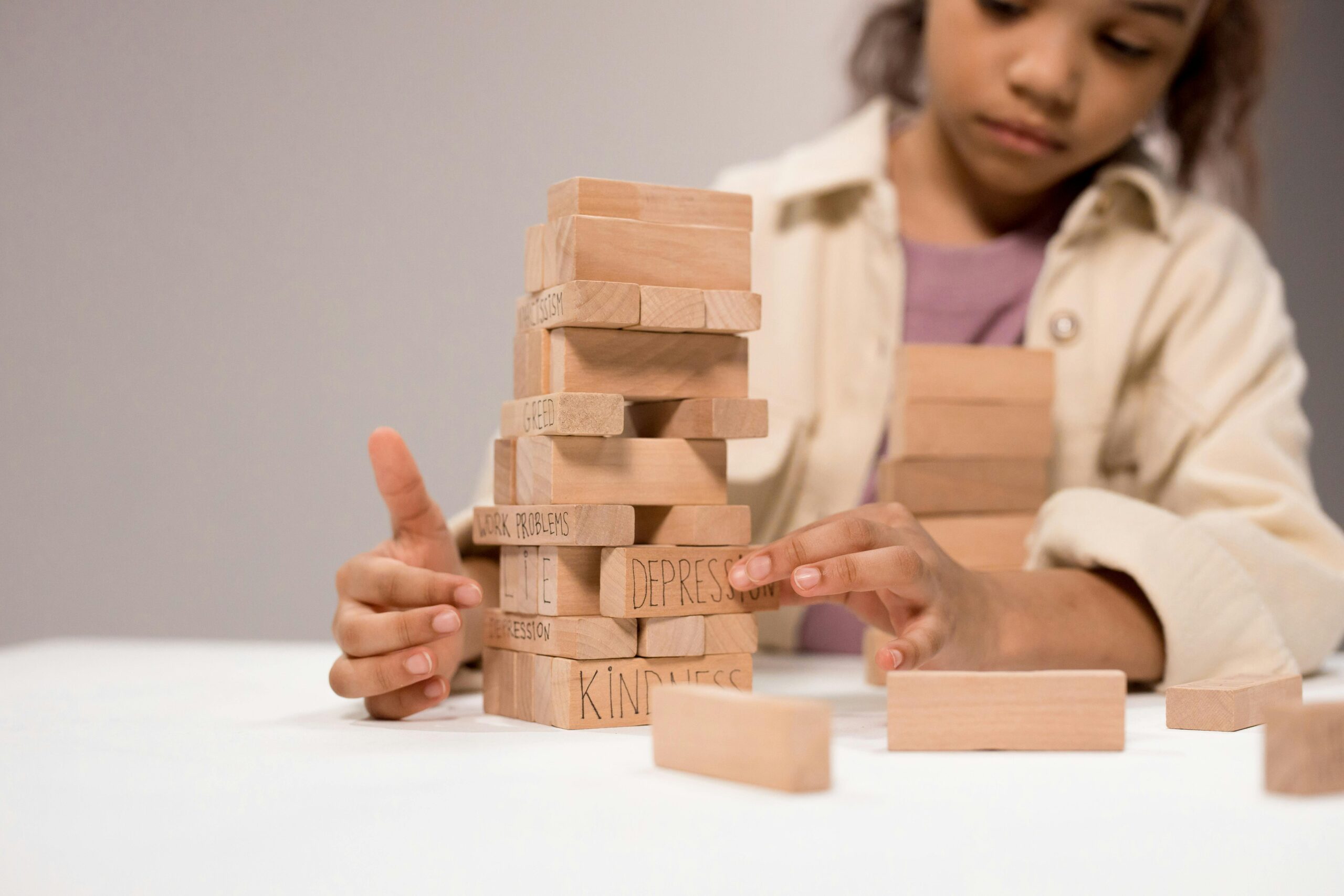As parents, we all want the best for our children. But when they’re struggling with their emotions, thoughts, or behaviors, it can feel overwhelming to know how to help. That’s where Cognitive Behavioral Therapy (CBT) comes in—a proven, practical approach that can make a real difference in your child’s life.
Thank you for reading this post, don't forget to subscribe!
What Is CBT?
Cognitive Behavioral Therapy (CBT) is a type of talk therapy that focuses on the connection between thoughts, feelings, and behaviors. It’s structured, short-term (usually 6–20 sessions), and goal-oriented. Unlike some therapies that delve deeply into the past, CBT focuses on the present—helping individuals address current challenges and develop skills to manage them effectively.
For kids and teens, CBT is particularly empowering. It helps them recognize negative thought patterns like “I’m not good enough” or “I’ll never get it right” and teaches them how to replace these thoughts with healthier, more balanced ones. This shift can lead to improved self-esteem, better emotional regulation, and healthier behaviors.
How Does CBT Work for Children?
CBT is highly adaptable for young people, making it effective for a range of challenges such as anxiety, depression, stress, obsessive-compulsive disorder (OCD), phobias, and even behavioral issues like tantrums or defiance. Here’s how it helps:
– Understanding Emotions: Many kids struggle to make sense of their feelings. CBT teaches them to identify emotions and understand that while feelings are valid, they don’t have to dictate their actions.
– Challenging Negative Thoughts: Children often develop unhelpful beliefs about themselves or the world. CBT helps them question these thoughts and replace them with more constructive ones.
– Building Coping Skills: From relaxation techniques to problem-solving strategies, CBT equips kids with tools they can use in everyday life to handle stress or difficult situations.
Why Is CBT So Effective?
One of the reasons CBT works so well for children is its practical nature. It’s not just about talking—it’s about doing. Kids learn skills they can practice at home, at school, or in social settings. Over time, these strategies become habits that can support them throughout their lives.
Another strength of CBT is its collaborative approach. Therapists work closely with children—and often their parents—to set goals and track progress. This teamwork helps kids feel empowered and supported.
We have created the video below to help you further on this topic.








